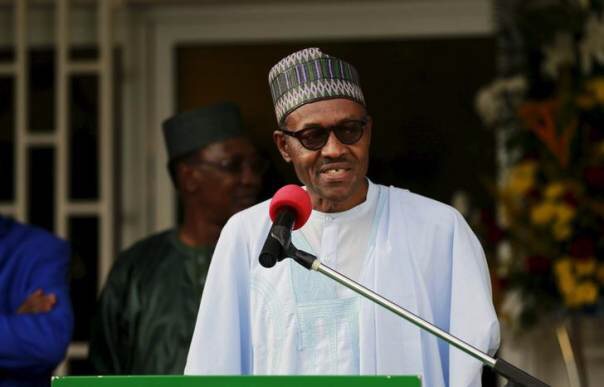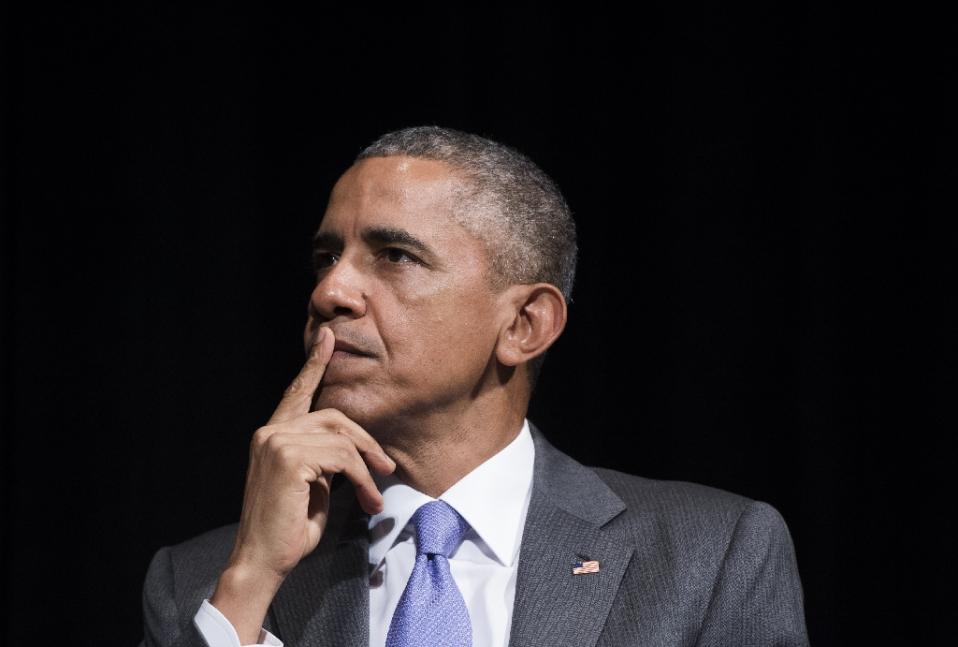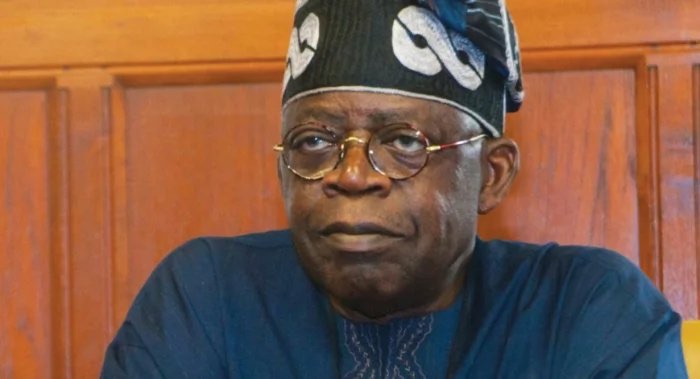The Ahmed Joda-led transition committee of the All Progressives Congress (APC) recommended a scaled-down cabinet in line with Nigeria’s long sought after small government.
The committee wants President Muhammadu Buhari to prune the number of federal ministries from 28 to 19, according to its report seen by TheCable.
According to report, the advisory committee recommended that Buhari should have only 19 senior ministers.
But in keeping with the constitutional provision that every of the 36 states must be represented in the federal cabinet, the committee also submits that 17 ministers of state should be appointed, bringing the total to 36 in fulfillment of the constitutional requirement of one minister per state.
Previous governments, starting from 1999, appointed 42 ministers — picking one from each of the six geo-political zones in addition to one from each of the 36 states of the federation.
Under former President Goodluck Jonathan’s administration, there were 28 senior ministers and 14 ministers of state. Three of the ministries were directly under presidency.
The new governor of Kaduna state, Nasir el-Rufai, has set the tone for a lean government structure in current dispensation by reducing the number of ministries from 19 to 13 upon inauguration.
Buhari promised to reduce the cost of governance and only on Thursday ordered that nine of the VIP transport aircraft under the presidential fleet, better known as presidential jets, should be sold.
The Joda transition committee submitted its report to Buhari on June 12, but the details, which the president is expected to evaluate before taking his initial key steps, are yet to be made public.
TheCable reported that under the Joda proposals, only nine ministries will not be affected in the pruning exercise: (1) industry, trade and investment (2) education (3) defence (4) FCT (5) finance (6) labour and productivity (7) justice (8) foreign affairs and (9) national planning.
The report posited: “There is no direct relationship between the number of ministries and efficacy of service delivery. The US with a population of 316 million and with GDP of $17,328 trillion (30 times Nigeria’s GDP) has 15 ministries. India has 24 ministries, while the UK has 17.
“The current structure of the FGN with 28 ministries and 542 agencies (50 of which have no enabling laws) [results in] very high cost of governance. The portfolios of ministries are not responsive to all the major critical national challenges such as family and child affairs; religious affairs; vulnerable and elderly group affairs as well as the North-eastern crisis.
“[There is an] apparent conflict between the desire of reducing the cost of governance through cabinet downsize and the constitutional requirement of a cabinet-level ministerial appointment from each of the 36 states of the federation.”
The Joda committee wants mines and steel development, petroleum resources and power to become one ministry to be named “ministry of energy”, while environment, land and urban development as well as works and housing will now be known as works, housing and environment instead of being three separate ministries.
These proposals are believed to have been influenced by the report of the Stephen Oronsaye committee which was set up by Jonathan to provide a comprehensive blueprint on reduction of cost of governance in 2012.
-TheRainbow with web reports














